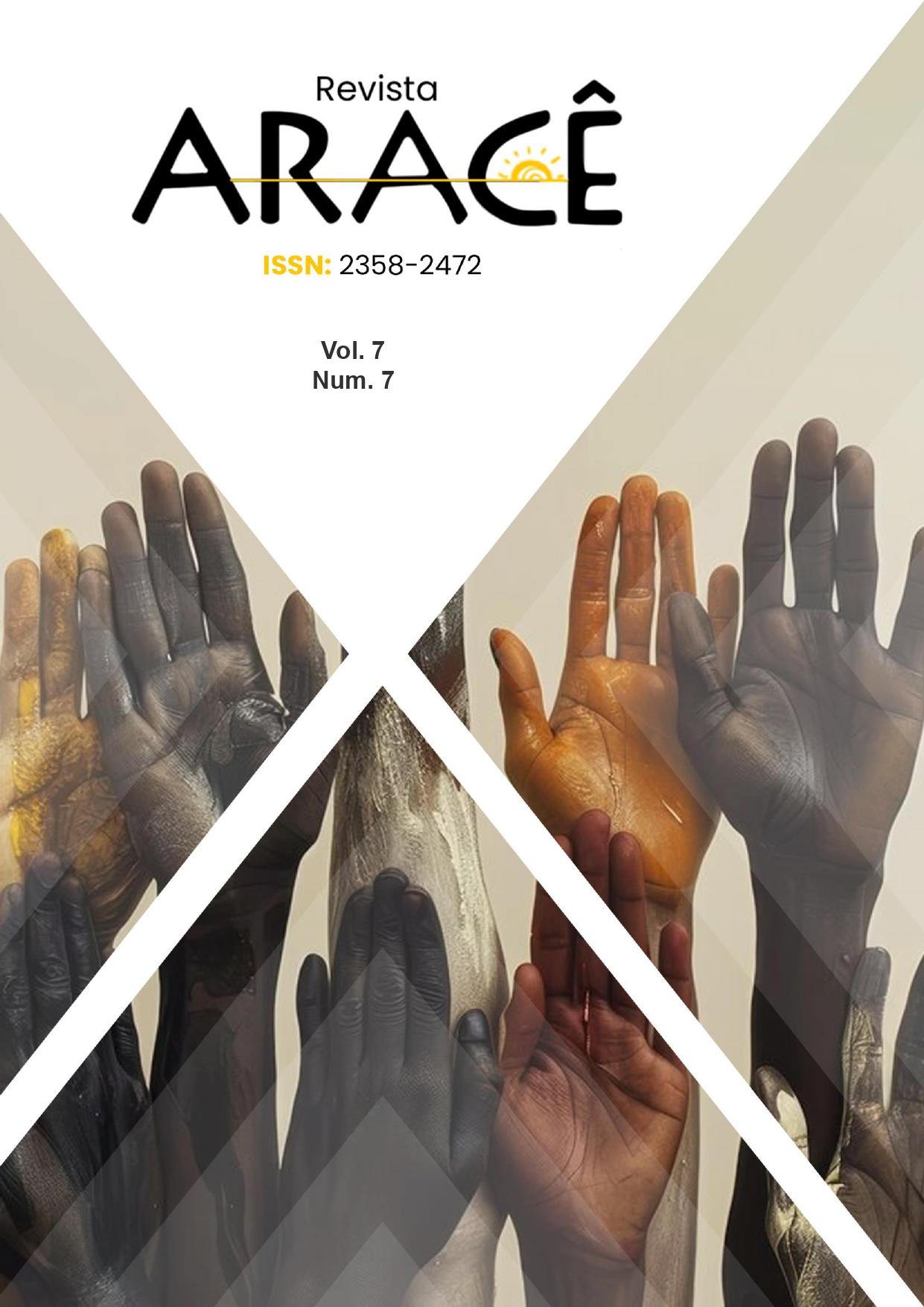PERFIS DE INVESTIDOR: COMO CULTURA E EDUCAÇÃO FINANCEIRA MOLDAM AS PREFERÊNCIAS DE INVESTIMENTO NO BRASIL E EM PAÍSES DESENVOLVIDO
DOI:
https://doi.org/10.56238/arev7n7-003Palavras-chave:
Educação Financeira, Preferencias de investimentos, Tipos de InvestidoresResumo
Este trabalho tem como objetivo analisar as preferências dos investidores brasileiros, com ênfase na tendência conservadora que é comum entre muitos desse grupo. A pesquisa procura entender quais elementos sejam eles de origem histórica, cultural ou econômica impulsionam essa aversão ao risco e por que uma parcela significativa dos brasileiros prefere opções de investimento que oferecem maior segurança em comparação a alternativas potencialmente mais rentáveis, como ações ou fundos de investimento de maior risco. Assim, a relevância deste estudo se dá pela necessidade de esclarecer a complexidade do comportamento financeiro no Brasil, levando em conta a singularidade do país, que é marcada por fases de instabilidade econômica e uma carência significativa por educação financeira. Além disso, será realizada uma análise das alternativas de investimento presentes no mercado brasileiro, das preferências dos investidores e dos fatores que incentivam uma postura conservadora, em comparação com investidores de países desenvolvidos, onde a cultura de investimento é mais estabelecida. A abordagem utilizada envolverá uma pesquisa bibliográfica minuciosa, juntamente com dados secundários, o que permitirá aos pesquisadores obter insights detalhados sobre as dinâmicas que afetam as decisões financeiras no Brasil. Assim, busca-se contribuir para uma melhor compreensão das necessidades de educação financeira e promover um ambiente de investimento mais forte entre os brasileiros, considerando as especificidades e os desafios que enfrentam em um cenário de investimentos em constante transformação.





